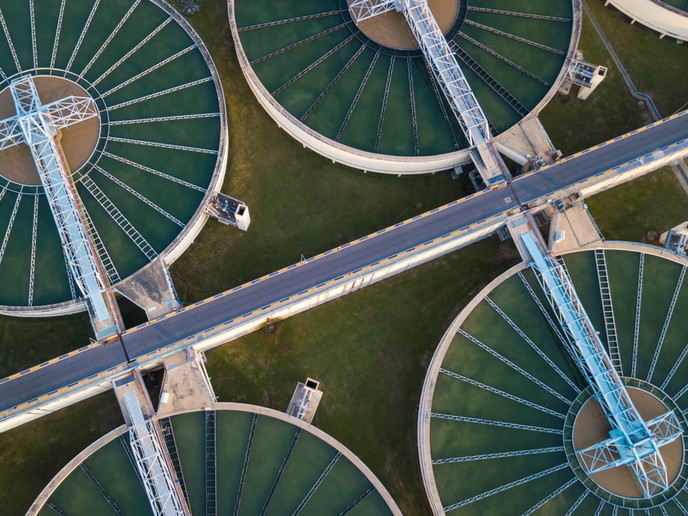Time for good news
Newspapers and television in the EU have a strong influence on the positive and negative messages we get regarding European Union countries. The EU-funded project 'Adequate information management in Europe' (AIM) looked at the ways and frameworks involved in producing routine news about the EU. it aimed to assess how journalists, editors and the media cover the EU and shape the European public sphere. AIM conducted an analysis of news agenda to understand exactly how an EU issue becomes news. It also examined the interaction between political life and access to information as an important constituent of democracy. the project thus aimed to enhance transparency, accountability and legitimacy of the political system in the EU by examining the achievements, effectiveness and shortcomings of mass media in Europe. It identified a set of problem areas on the part of the media and political institutions that must be addressed to achieve improved news coverage. AIM noted that mainly national newspapers covered the EU, impairing news about the continent. It also highlighted that while the EU bears directly on national coverage, its news is still considered foreign politics that still has to compete with news from other regions of the world. with respect to political institutions, AIM found that controversies within the EU rarely surface in the media, and the public only gets a softened version of reality behind the scenes from the European Commission. It also found that EU institutions bombard the media with irrelevant data that is not in keeping with journalistic priorities, missing the link to people's daily life in Europe. Lastly, it noted that local politicians portray the EU from their national perspective and often scapegoat Brussels, going against the interest of the EU. in light of these findings, the project called for improved journalism training and suggested innovative new methodologies to produce European news. The benefits of such recommendations, if heeded, are expected to be quality news that is more relevant and more balanced.







